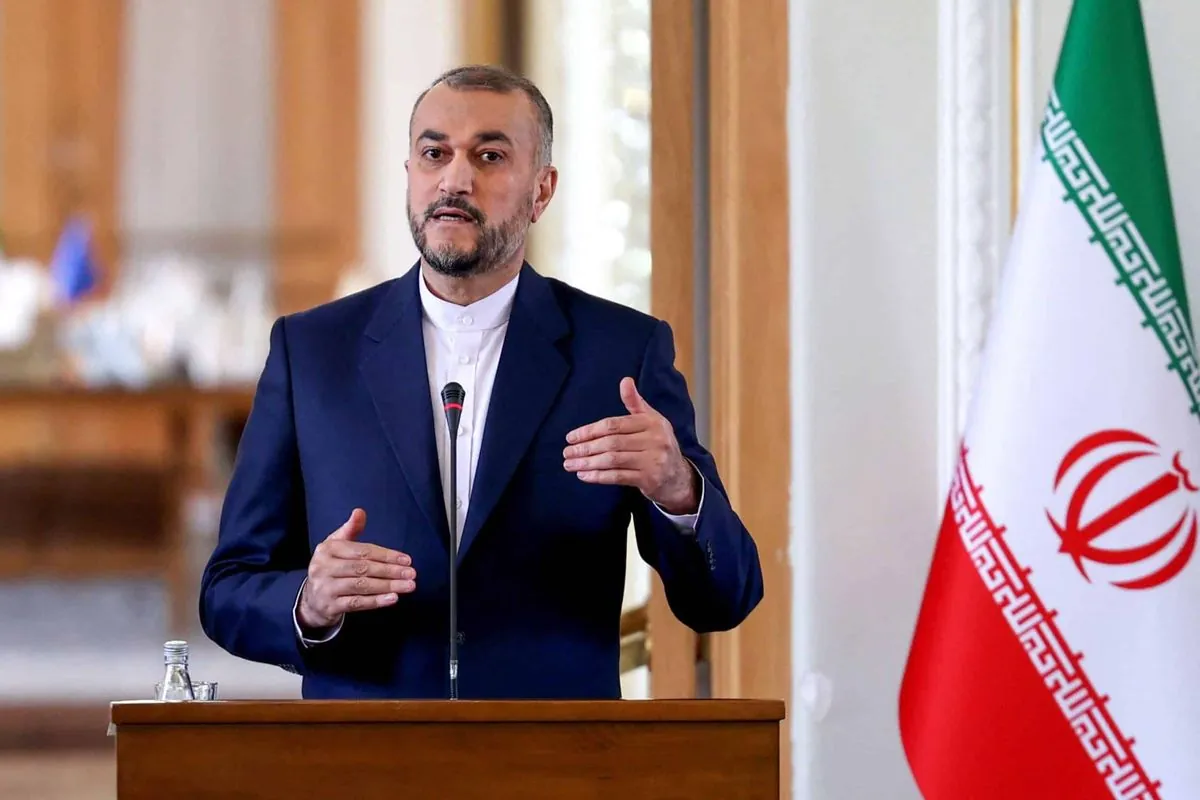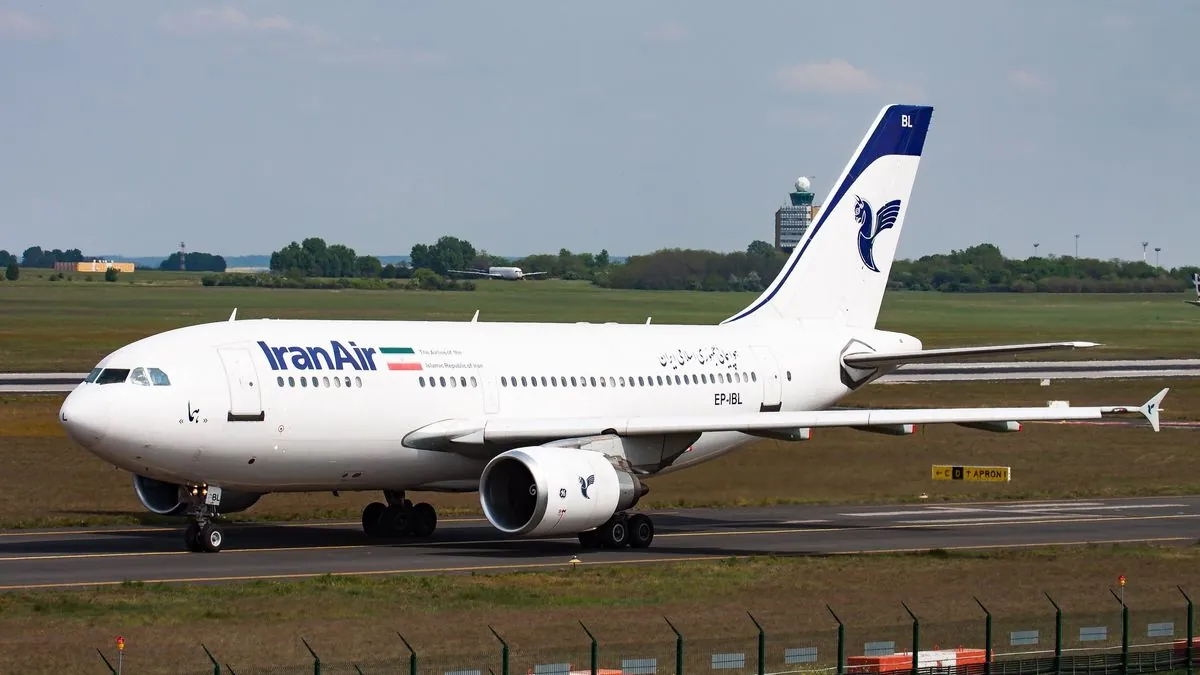Iran Open to Talks Amid New Aviation Sanctions, Denies Missile Supply to Russia
Iran's foreign minister expresses openness to diplomacy without pressure, as US and European powers impose new aviation sanctions. Tehran denies supplying missiles to Russia for Ukraine conflict.

Abbas Araqchi, Iran's foreign minister, has reiterated the country's willingness to engage in diplomatic discussions to resolve disputes, while emphasizing the need for mutual respect rather than coercion. This statement comes in response to recent sanctions imposed on Iran's aviation sector by the United States and three European nations.
On September 11, 2024, the US, Germany, Britain, and France implemented new punitive measures against Iran, including restrictions on Iran Air, the national carrier. These actions were prompted by allegations that Tehran had supplied Russia with ballistic missiles for use in the ongoing conflict in Ukraine.
Araqchi firmly denied these accusations, stating on September 11, 2024, that Iran had not delivered any ballistic missiles to Russia. He maintained that the imposed sanctions would not address the underlying issues between the nations involved.

The European Union is also contemplating additional sanctions targeting Iran's aviation sector. This consideration was announced by the EU's chief diplomat on September 13, 2024, further escalating tensions in the region.
"Iran continues on its own path with strength, although we have always been open to talks to resolve disputes ... but dialogue should be based on mutual respect, not on threats and pressure."
This recent development is part of a long history of sanctions against Iran. The country has been subject to various international restrictions since 1979, with the United States first imposing sanctions on Iran's aviation industry in 1995. Despite these challenges, Iran Air, founded in 1961, continues to operate flights to 25 domestic and 30 international destinations.
The Iranian aviation sector has faced significant hurdles in acquiring new aircraft due to these sanctions. In response, Iran has developed its own aviation industry, including the manufacture of drones. However, this has not alleviated international concerns, with the International Civil Aviation Organization (ICAO) expressing worries about Iran's aviation safety standards.
The current situation is further complicated by the expiration of the UN arms embargo on Iran in October 2020, despite objections from the United States. This development, coupled with allegations of Iran supplying drones to Russia for use in Ukraine, has heightened tensions between Iran and Western powers.
As the diplomatic standoff continues, the impact on Iran's aviation sector and its broader economy remains a point of contention. The Iranian government maintains its stance on diplomacy, but the path forward remains uncertain amidst escalating sanctions and international pressure.


































